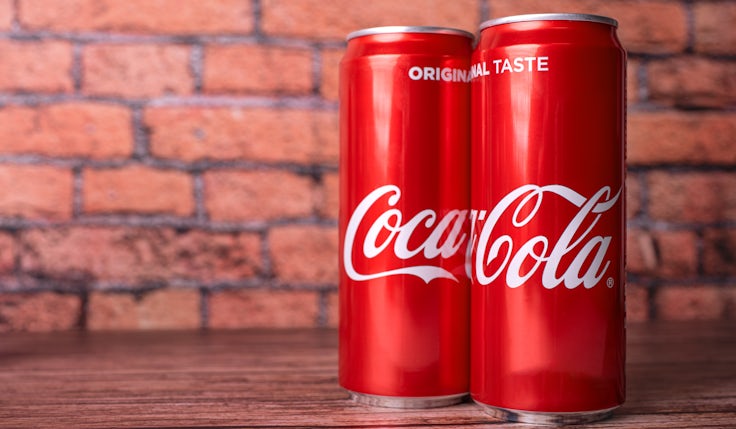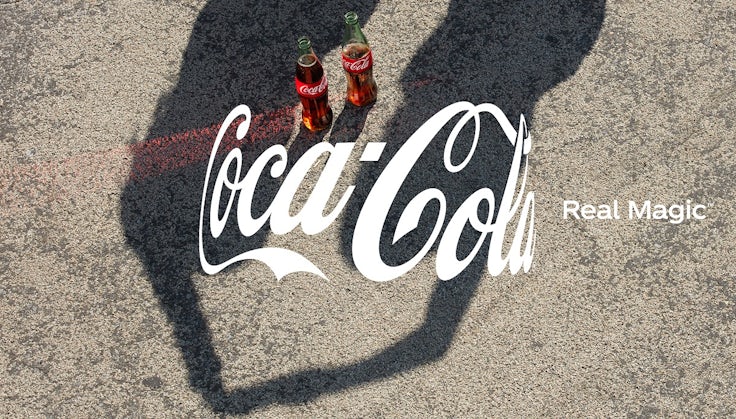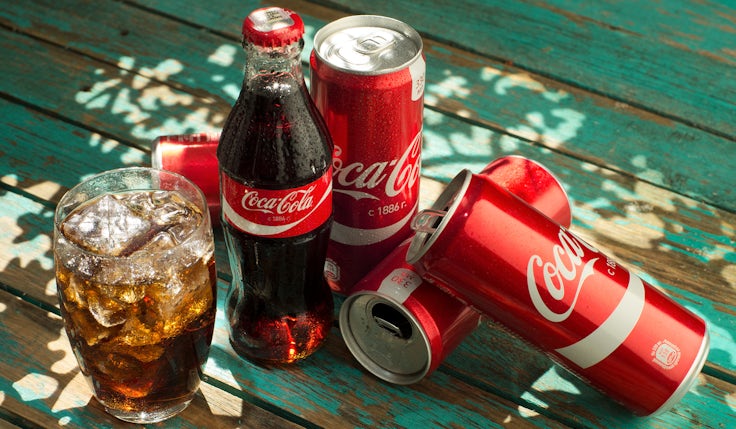How Coca-Cola maintained ‘human-centric’ insight throughout the pandemic
Coca-Cola had young participants take part in a digital diary during lockdown to gauge consumer habits and ensure marketing activations remained relevant.
 Coca-Cola has highlighted the value of behavioural science in better understanding consumer wants and needs and enacting more targeted and relevant marketing activations, a tool which the brand claimed was particularly useful during the pandemic.
Coca-Cola has highlighted the value of behavioural science in better understanding consumer wants and needs and enacting more targeted and relevant marketing activations, a tool which the brand claimed was particularly useful during the pandemic.
Speaking at the Festival of Marketing: The Year Ahead this week, Coca-Cola’s director of behavioural science, Cerita Bethea, urged brands to look into using this method to become not only more consumer-centric, but “human-centric”.
“The latest thinking and behavioural science really has transformed how we conceive our marketing model of behaviour and decision making, in a way that allows us to demystify behaviour,” said Bethea.
“We want to know what the problem is to be solved for them [consumers), what draws them to our brands, so that they’re not compelled to move on to the next brand story.”
Behavioural experts on the unchanging consumer versus the need for speed
She argued that by “demystifying” human behaviour, brands are able to understand how humans process and store information in memory. This can then lead to above and below the line activations that are “sticky [in the memory] and participatory”.
Bethea conceded that not all brands have the scale or funding to be able to go deep into behavioural sciences, but said it is “vital” marketers still find ways to “influence in this omni-human world” even with limited tools.
Bethea advised marketers to start watching consumers interact with their brands once a week for 15 minutes to understand them in their “natural habitat”.
“Are there any ‘aha’ moments, anything unique? Share these with your market research partners, and start to build that curiosity for your consumer, in a way that’s more up close and personal,” she said.
Digital diary
The Coca-Cola Company behavioural insights senior manager John Kontaris said: “We’ve always known that human connection can enable action, and it can enable change. We should be aiming to bring humanity in every interaction that we design.”
An example of Coca-Cola adapting to the conditions the pandemic set as the world went into lockdown was leveraging digital tools to continue reading consumer behaviours.
The brand had a pool of consumers in each of its markets who kept digital diaries logging whenever they consumed food and drink.
This progressed to an hour interview with the participants towards the end of their diary-keeping cycle, when the drinks brand found it had connected with users more deeply than thought by creating an intimate space, and breeding familiarity on both sides through the diaries.
What I really loved about these findings was we were able to see and identify the physiological, but also the emotional drivers at work in each of the behavioural contexts.
John Kontaris, Coca-Cola
“It really allowed us to appreciate how their ‘normal’ had been redefined and how their expectations and their outlooks had been impacted by the experience of the pandemic.
“What we found through the conversations was a Europe-wide picture of young people who were unsettled but adapted. They were continuing to work hard, invest in themselves, but also they were sensitive to opportunities for enjoyment and pleasure,” said Kontaris.
Through this method, the wider marketing team was “empowered” to be “reactive” to consumer needs and better target content that is more relevant to consumers.
“We identified a plethora of separate contexts in the day of a young person, and this has been actually fuelling our insights. What I really loved about these findings was we were able to see and identify the physiological, but also the emotional drivers at work in each of the behavioural contexts,” he said.
“You can actually map those in terms of different attributes, such as functional versus emotional or planned versus spontaneous and so forth.”
This was useful to the brand considering the context of the consumer had changed rapidly due to Covid. The insight was shared across all parts of the Coca-Cola business which all “benefitted” from “clearly defined data”.
The research has been such a success for the drinks giant it is now employing it in different customer segments and to reach other objectives.
“This human-focused approach I think has allowed us to create a really highly detailed insight flow so that Coca-Cola can stay fresh and relevant, all around the world no matter how uncertain the world proves to be,” said Kontaris.





